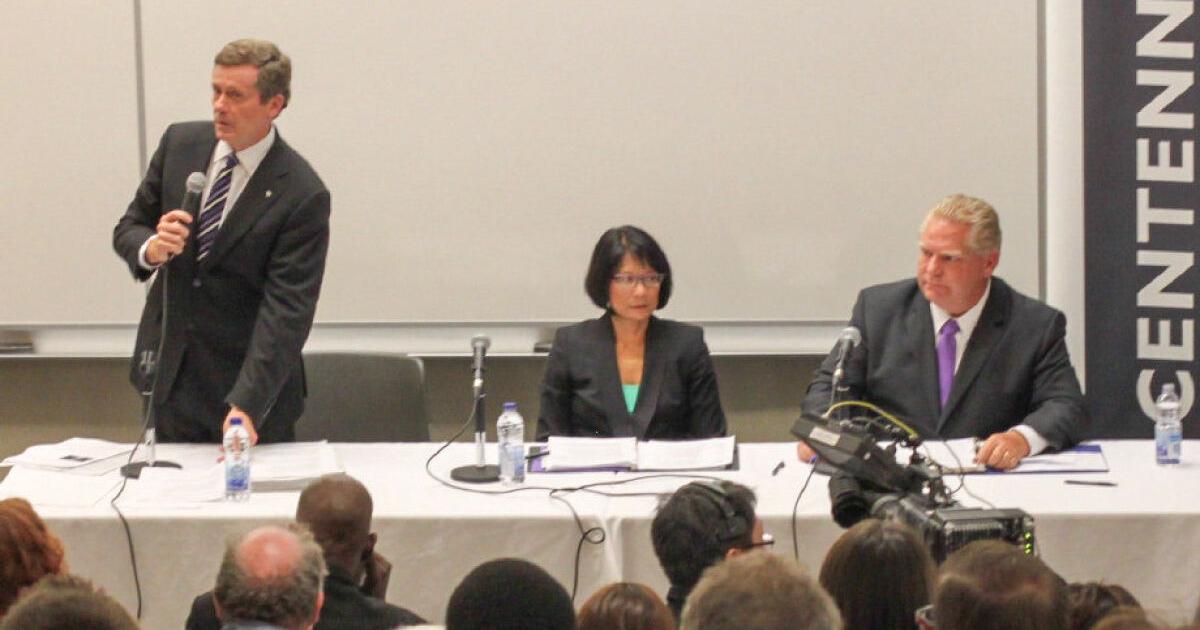We could also do what Vancouver does and that is to defer property tax until the properly sells. The city would put an IOU onto the property.
Umm, we already do that; as I posted on the previous page:
What did he do that was so bold other than keep taxes low and come up with transit city, that was a political hot potato in the next election? I'm happy enough to pick a few bones w/David Miller's time in office, but I think you're on the wrong track w/that assertion: Miller actually did...

urbantoronto.ca
Property taxes should be a percentage of services used, not on value. Instead we should have VAT charged on all primary residence transactions.
How would you ever have a property tax on services used? Property tax can only ever be on the value of the land and its usage.
I’m all for VAT but that is HST essentially and the city doesn’t have access to such revenue. If Toronto could get 2% of HST and raising it to 15% , where it was in early 2000s then city could use that to cover some of the budget hole.
So, there are a couple of things to unpack here.
Toronto already de-coupled garbage and water from the property tax bill.
Water is billed based on usage, and garbage on bin size.
There are cities in North America using a different variation of property tax from MVA, called UVA or Unit Value Assessment.
Typically, the latter considers specific features of a property likely to impact cost to the municipality and factors those into the property tax calculation.
Example, road frontage in linear feet/metres might be used as proxy for your fair share of sidewalk/road costs. Number of toilets and presence of a swimming pool for sewer/water
Number of bedrooms for impact on schools, number of parking spots (roads/traffic), amount of hard surface area (sewer) etc. etc.
Each jurisdiction can pick what they choose to penalize (And by default reward)
I favour some variation of this, blended with market value; because it reflects what you are likely externalizing as costs, promotes highest/best use, and tends to naturally tax wealth as well.
At the same time, I don't want to ignore market value in the calculation.





